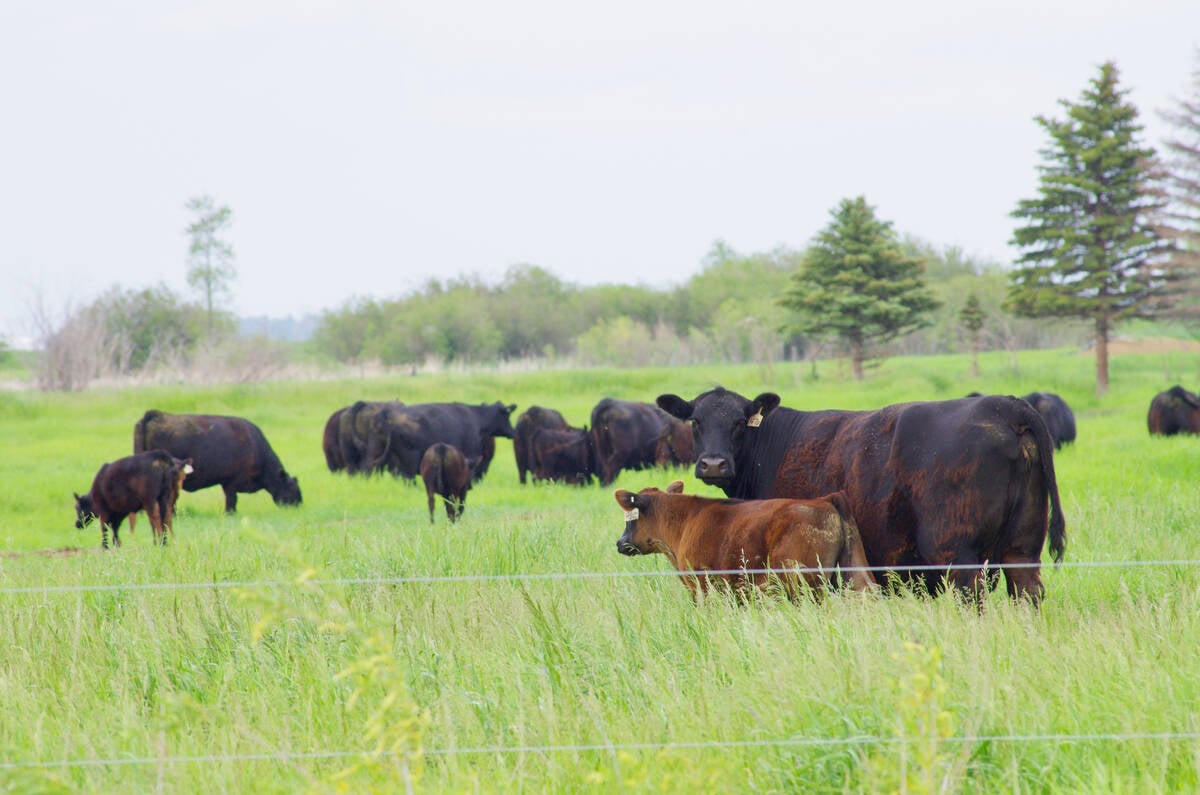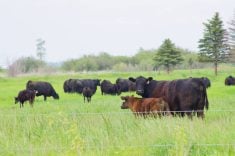Sitting on the opposition bench, Alberta MLA Ken Nicol sees changes by the Conservative government as less than perfect.
The Liberal agriculture critic said he sees government’s role as educator, compromiser and negotiator, not antagonizer that marches apart from other provinces.
Campaigning for re-election in Lethbridge East, Nicol brings 30 years of farm experience to his job as agriculture critic.
He holds a doctorate in economics from Iowa State, and worked at the university’s agricultural policy institute for eight years. Another two years were spent as an agricultural policy adviser to the Thai government.
Read Also

Tick research from the University of Manitoba focuses on insects and testing
Manitoba researchers are looking into the effects of tick and fly disease in cattle.
Nicol worked for the United States Department of Agriculture as an adviser on farm income reporting programs and has a farm north of Lethbridge. Before becoming an MLA, he taught agricultural economics at the University of Lethbridge.
Suggest options
With this perspective, Nicol said in the Canadian Wheat Board debate, Alberta should have taken a third party role of negotiator, researching and suggesting viable market options.
The government should have explained the alternatives and how each might work in a competitive environment.
“Nobody has led the discussion on compromise and alternatives,” Nicol said. “Instead of acting like a facilitator and providing farmers with information, we have polarized the debate.”
End to monopoly wanted
Nicol believes in a dual market because, in his view, the wheat board structure cannot continue in the present environment.
Other broad changes to agricultural policy in the province should have been handled differently as well, he said.
Alberta halted participation in the Gross Revenue Insurance Program and the Net Income Stabilization Account. The safety net replacement is the Farm Income Disaster Program, which Nicol said doesn’t offer protection to those who need it most.
“It’s helping the stable farmers to guarantee their income.”
The program should be based on cash flow losses. It now triggers at a 30 percent loss in average income but if a person loses 30 percent of the cash flow, they’ll be out of business, said Nicol.
“They (the Conservative government) should have been more sensitive to how farmers get themselves into a financial crisis.”
NISA should be turned into a full farm program coupled with better crop insurance. All other programs should be eliminated, he said.

















